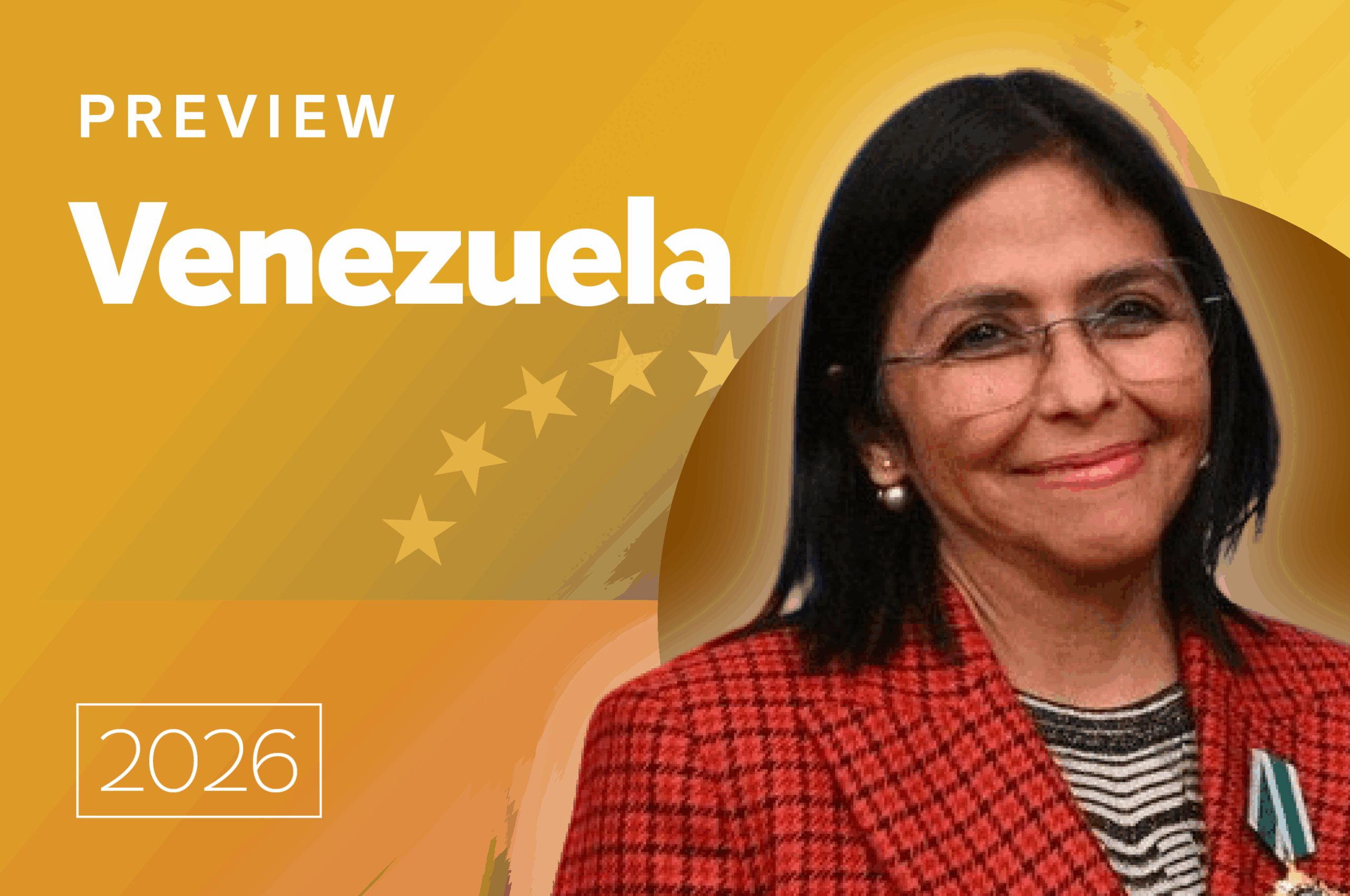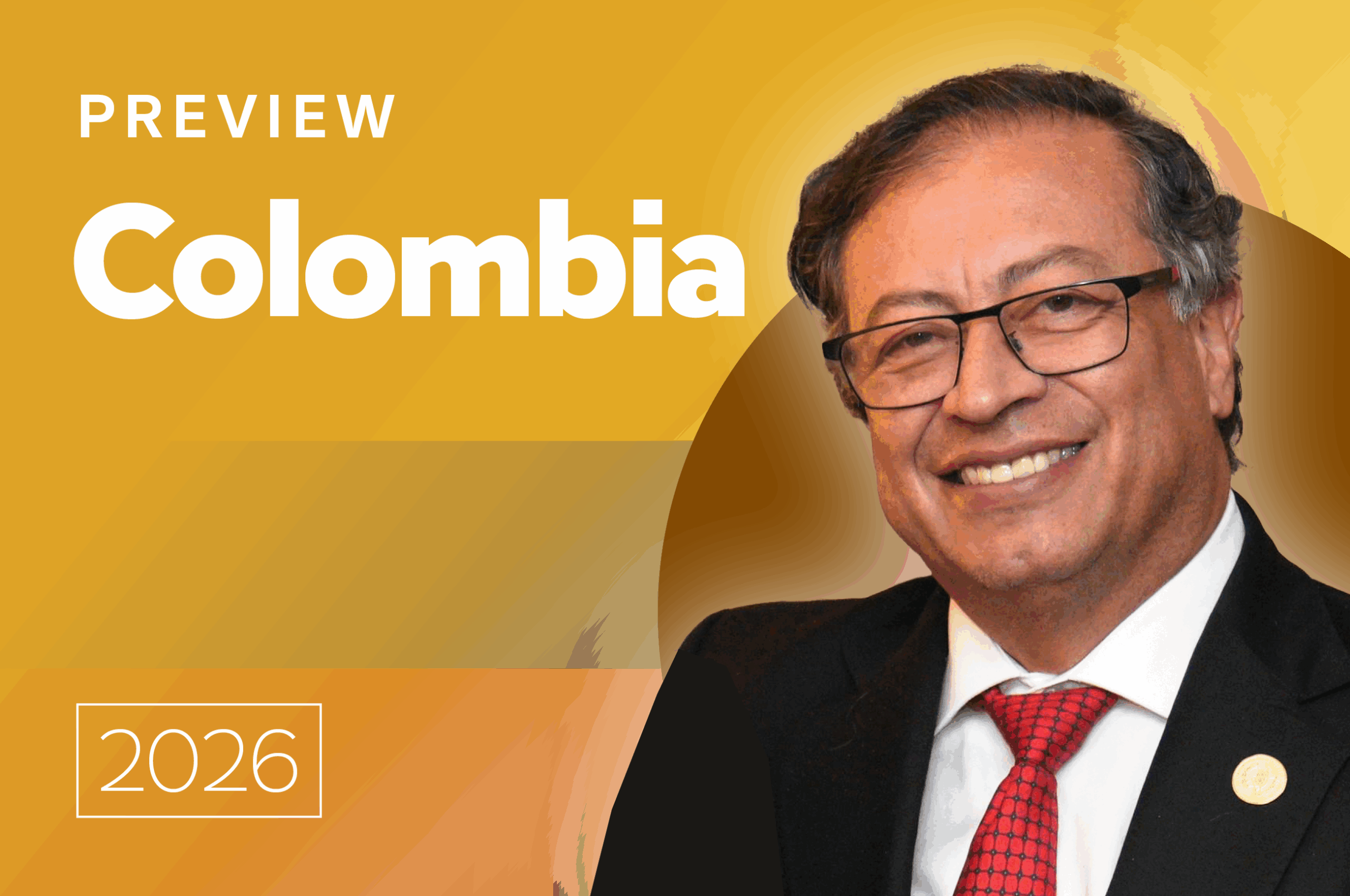Brazil: It IS the Future
Brazil: It IS the Future
AS/COA’s annual São Paulo Conference explored Brazil’s role in the region and the world, economic prospects and trends, and key issues—such as innovation, technology, and clean energy—that may play a fundamental role in the country’s development.
Speakers:
- Jose W. Fernandez, Assistant Secretary of State for Economic, Energy and Business Affairs, U.S. Department of State
- Thomas A. Shannon, U.S. Ambassador to Brazil
- Marco Antonio Martins Almeida, Secretary for Petroleum, Natural Gas and Renewable Fuels, Ministry of Energy (view presentation)
- Mariano de Beer, CEO, Telefonica Brasil
- Paulo Iudicibus, Director of Innovation and New Technologies, Microsoft Brasil
- Robert P. Kelly, Chairman and CEO, BNY Mellon
- Murilo Portugal, Deputy Managing Director, International Monetary Fund (IMF) (view presentation)
- Susan Segal, President & CEO, Americas Society and Council of the Americas
- Roberto Setubal, CEO, Itau-Unibanco
- Alessandro Teixeira, President, World Association of Investment Promotion Agencies (WAIPA), and President, Brazilian Trade and Investment Promotion Agency (Apex-Brasil) (view presentation)
- Andrew Vesey, Regional President, Latin America and Africa, AES
- Jonathan Wheatley, Brazil Correspondent, Financial Times
Summary
On May 18, the Americas Society/Council of the Americas, in collaboration with ApexBrasil, hosted its Latin American Cities Conference in São Paulo entitled “Brazil: It IS the Future.” The event analyzed Brazil's new role in the region and the world; examined Brazil’s economic prospects and trends for 2010 and beyond; and discussed key issues—such as innovation, technology, and clean energy—that may play a fundamental role in the country’s development. Participants included business executives, politicians, academics, and investors from across the hemisphere.
Brazil: It IS the Future
The opening speaker, Alessandro Teixeira, president and CEO of WAIPA and APEX-Brasil, began his presentation by stating that Brazil is not only the future but the present as well. Projected to become the fifth largest world economy by 2026, Brazil currently leads hemispheric growth in private consumption with forecasts of 4.2 percent in 2010 and 4.3 percent in 2011.
Teixeira mentioned that, by the end of this year, 52 percent of Brazilians will be part of the middle class, compared to 43 percent in 2009. The country's goal by 2014 is to have over 60 percent of Brazilians as part of the middle class and to eradicate poverty. Teixeira analyzes how Brazil’s past investments have historically been more related to commodities. Today, investments are more related to R&D and manufacturing. Brazil has attracted FDI but also has significant investments abroad. View his presentation.
Brazil: The Future of Energy
Secretary Marco Antonio Almeida from the Energy Ministry stated that Brazil, which is already a leading producer of renewable energy, has the potential to double its reserves. The country, independently of its pre-salt oil discoveries, has efficiently expanded its internal market for renewable energy by applying government targets for ethanol consumption and diversifying its energy production matrix. View his presentation.
Technology and Innovation: New Business Opportunities
The panel on technology and innovation started with the moderator, Financial Times’ Jonathan Wheatley, asking why innovation is often the missing factor when discussing progress. AES’ Andrew Vesey voiced his opinion that there is still a lot of room for innovation in Brazil. He argued that energy infrastructure is the key for growth and prosperity. Brazil is a renewable energy country and it is essential that its advantage as a country that can manage its carbon emissions is maintained.
Vesey also argued that Brazil has strong regulatory potential, making it a model for the rest of the world. The country has created an environment in which many companies feel comfortable investing. Since 1997, AES has invested $6 billion—a quantity that would not have been possible without confidence in the regulatory system. The main hurdle, said Vesey, is the emergence of the middle class, with many people rising from favelas. Most innovations come from marketing to residents in these favelas, who constitute the fastest-growing market. “We have seven million customers and eight million consumers,” he said, and AES' biggest challenge is to create a system that works for those customers.
Telefonica Brasil’s Mariano de Beer sees the company as an enabler for driving innovation growth. With an impressive growth of small businesses in Brazil and the fact that small- and medium-sized enterprises usually do not endure due to lack of fiscal discipline, Telefonica has come up with a package that provides broadband, computers, and software for small business owners to help them track their accounting.
Another topic raised by Wheatley was the need to improve education in Brazil. De Beer argued that “the only way to sustain 7 percent growth is through investments in primary education.” Telefonica is monitoring the extent to which broadband affects educational attainment and opportunities.
Paulo Iudicibus of Microsoft Brasil discussed the importance of the firm’s education investment partnership with the State of São Paulo Research Foundation (FAPESP). Together, they have 11 projects and $3.5 million invested. Today, Microsoft has six open source laboratories around the world. One of them is in Brazil, expanding its cooperation with Brazilian researchers and providing incentives for innovative thinking.
Finally, Wheatley asked the panelists how Brazil compares with Asian competitors. Iudicibus argued that today Brazil produces 10,000 PhDs per year, just behind India and China. But, on a per capita level, the country is actually ahead of India and China. India, however, enjoys one significant advantage over Brazil—English proficiency.
A Partnership for the Twenty-First Century: Brazil-U.S. Relations
Both, U.S. Ambassador to Brazil Thomas Shannon and Assistant Secretary for Economic, Energy, and Business Affairs for the U.S. State Department Jose Fernandez expressed confidence on improving the already solid relationship between Brazil and the United States.
Fernandez mentioned that the two countries already cooperated in many areas, but that efforts were not limited to government-to-government partnerships. Besides agencies like USAID working closely with their Brazilian counterparts in places such as Mozambique and Haiti, he said there was a growing cooperation between universities and private companies in fields such as technology, biofuels, and research. In addition, Brazil and the United States have a CEO Forum, which the United States only otherwise has with India. Also, in September of this year, Brazil and the U.S. are hosting their second Innovation Summit.
Ambassador Shannon said that the relationship between the two countries was solid but he expected the level and quality of engagement to continue to improve. On the subject of Iran policy, he said that, as Brazil’s importance in world affairs continues to grow, both countries were bound to face scenarios that they hadn’t before. Although this could lead to sharp but respectful disagreements at times, it is important to keep lines of communications open.
The Global Economic Outlook: Implications for Latin America and Brazil
The IMF’s Deputy Managing Director Murilo Portugal said developing countries would grow at an average of 6.3 percent in 2010, which was more than expected at the end of last year. For the IMF, the global economic recovery had been revised upwardly, thanks in part to the resilience of developing countries.
Portugal mentioned that unemployment and fiscal deficits in developed countries were to remain high for some years to come. He reckoned that, between 2008 and 2015, public debt in these countries would increase by 39 percent. These two factors would make consumption growth slow and, consequently, consumption patterns would shift more to developing countries. Talking specifically about Brazil, Portugal said that the country had done well during the crisis thanks to solid macroeconomic policies in place for more than a decade and countercyclical programs. However, he said that Brazil’s main challenge was managing these good winds of growth as they will not last forever. View his presentation.
Brazil: Financing Future Growth
Robert Kelley discussed global regulatory changes and said the goals of new rules will be to avoid another Lehman and to strengthen capital and liquidity accords.
Itau-Unibanco’s Roberto Setubal said that Brazil is not investing enough in infrastructure to sustain a growth rate of 7 percent. He added that local capital markets are not deep enough to finance all of Brazil’s future needs. The Brazilian economy may be overheating; the country is growing at faster than any other in the western economy.








